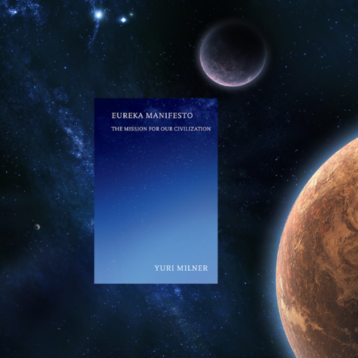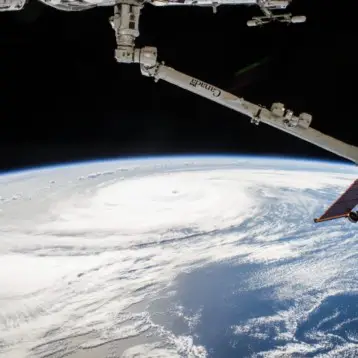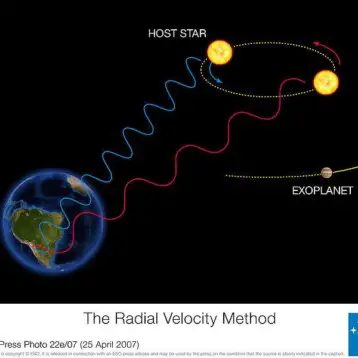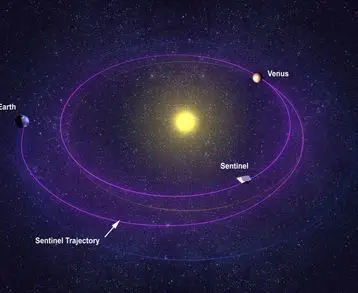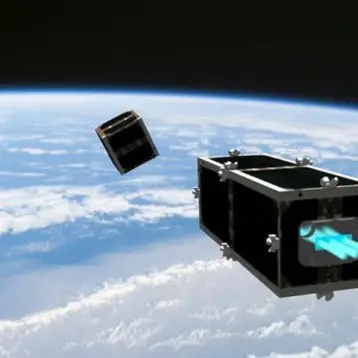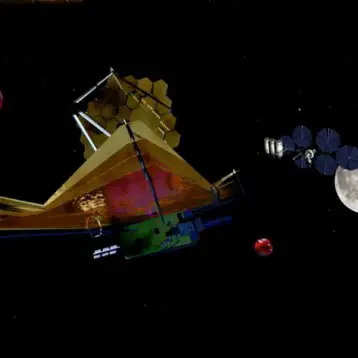Our fascination with space is one that began when we started looking up at the sky. Curiosity has enabled us to seek the answers to questions about whether we are alone in the vast cosmos or if there is more that is waiting to be explored. This zeal to uncover the unknown can be seen in the billions of dollars and years of research poured into discovering and understanding what lies outside our blue planet’s boundary.
Experts, including technology investor and science philanthropist Yuri Milner, have several thoughts on aliens, our cosmic neighbors. These opinions are featured in his book, Eureka Manifesto, in which Yuri Milner argues that we should look beyond Earth for human civilization’s mission.
Eureka Manifesto: A Book About Humanity’s Place in the Universe and Our Role in Its Future
Jill Tarter, a leading astronomer best known for her work on the search for extraterrestrial intelligence, compared the investigations carried out since the Green Bank conference in 1961, at which experts came together to discuss the search for extraterrestrials. She likened these searches to dipping glass into the ocean and wondering why you don’t catch a fish.
The universe’s vastness is nearly immeasurable, and although we may be looking in the right places, we may be looking with the wrong methods. There is no certainty that if extraterrestrial life existed, they could speak our language or that there would be any foundation for understanding. Silence in this search can also mean that humanity is alone in the vast expanse of the universe.
Another opinion is that other civilizations might be immensely older and more advanced in science and technology. From history, we can see that encounters between cultures with a considerable difference in technological advancement typically result badly for the less technological one. Hence, meeting another civilization can pose an extinction threat.
In Yuri Milner’s opinion, considering that the more advanced civilization would not be hostile does not help matters. Relying on aliens to pursue humanity’s mission to explore and understand the universe may not be the wisest decision. Looking through the lens of Darwinism, no civilization or colony is safe from extinction. With the uncertainty of surviving in such a universe indefinitely, maximizing the use of our resources to intensify our effort toward understanding and expanding into space is the most plausible decision.
Yuri Milner’s Impact on Furthering Humanity’s Place in the Universe
Besides pointing out the threats that human civilization faces from itself and outside our planet, Yuri Milner, in his manifesto, proposes that to combat these threats, we should spread out into space. This mission stays valid even if there is no extraterrestrial life. While science and technology will serve as humanity’s spearhead in this journey, we can foster the mission by investing in space exploration, celebrating innovation, and advancing the ability of artificial intelligence to solve scientific problems.
As well as supporting the search for life through its Breakthrough Initiatives, Yuri Milner’s nonprofit Breakthrough Foundation champions the Breakthrough Prize, the world’s most significant scientific award, which celebrates researchers who have made stellar advances in fundamental physics, the life sciences, and mathematics. There is also the Breakthrough Junior Challenge for high school students that helps to foster enlightenment and education about the universe.
However, Yuri Milner is not alone on the quest to further humanity’s place in the universe. The late theoretical physicist Stephen Hawking and Meta CEO Mark Zuckerberg were on the Breakthrough Starshot Board. Another notable mention is Elon Musk, CEO of SpaceX and a leading visionary in humanity settling on Mars. The central theme remains that advancement in science and technology is necessary to sustain society and our expansion in the universe.

